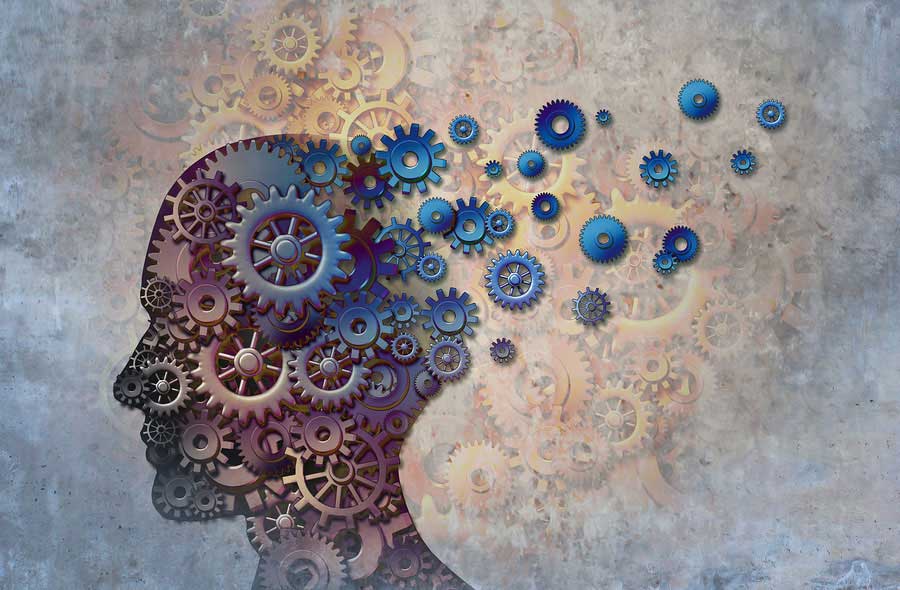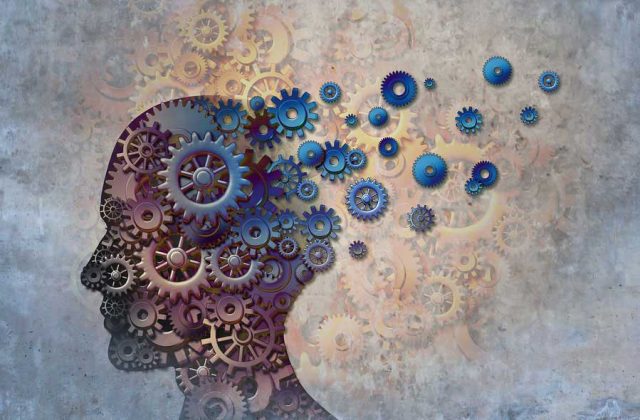
Approximately 1 in 4 households will have an individual that suffers from migraine headaches. However, about 80 percent of adults in America will suffer from a tension headache from time to time.
What Is A Headache?
A headache is defined as a sharp or dull pain anywhere in the head or face. In fact, the most common headache can lead to tension in the neck, eyes, ears, or nose. Consistent headaches should never be ignored. More importantly, a headache can be a result of non-illness factors, including loud noises or music.
The 5 Most Common Types Of Headaches?
Migraine Headache
A migraine headache is an intense pain in your head that’s sensitive to light and sound. The pain from migraines typically occur around the forehead but can spread to the side of your head or eyes. Some people suffering from migraines also experience nausea, vomiting, and dizziness. Migraine headaches can last a few days or a few months. The cause of migraine headaches hasn’t been determined, but it’s believed to be associated with abnormal brain activity.
Tension Headaches
A tension headache is the most common type of headache. The pain can be mild, moderate, or intense and spread behind your eyes, to the neck, or to other parts of your head. Many people suffer from tension headaches, but they can progress to chronic symptoms.
Tension headaches are caused by muscle contractions in the head and neck region, including glaring at a computer screen too long or exposure to extremely cold temperatures. Other triggers include:
- emotional stress
- poor posture
- poor diet
- fatigue
- cold/flu
Sinus Headaches
Your sinuses are air-filled space behind your eyes, nose, and inside your forehead. A sinus headache is an allergic reaction or infection in the sinuses. In fact, when the sinuses become inflamed, start to swell, and produce more mucus, they eventually become blocked, causing a sinus headache. Sinus headaches are oftentimes cured by relieving yourself of your allergies or infection. Sinusitis is the main cause of sinus headaches.
Cluster Headaches
Cluster headaches can be very short but extremely painful. Cluster headache sufferers can wake up during the night with intense pain in their head. Cluster headaches usually occur during the same time each year and they can last for weeks or months. The pain is associated with your sleep and wake cycle from a deep signal within the brain. Cluster headaches occur when a specific nerve pathway in your brain is activated.
Exertion Headaches
Exertion headaches are caused by physical activity. For example, too much exercise can trigger this kind of headache. However, the symptoms of an exertion headache will be different for each individual. Some people will experience a loss of consciousness, double vision, or a stiff neck. Causes include:
- too much sexual activity
- strenuous activity
- straining during bowel movements
- excessive coughing
When Should I Seek Treatment For My Headaches?
While it’s true, your headaches may not require urgent care, there are times when patients will be advised to seek treatment options. For example, if you find yourself taking pain relievers every day or every other day to relieve your headache symptoms, it’s time to call your doctor. Persistent and frequent headaches (three or more per week) should also receive medical attention.
In fact, taking care of yourself is the best way to avoid the symptoms of or getting a headache. Medical professionals recommend avoiding stress, eating right, exercise, and getting enough rest.
Did you find this article helpful? Join us at HealingWell for support and information about Migraine Headaches. Connect and share with others like you.




